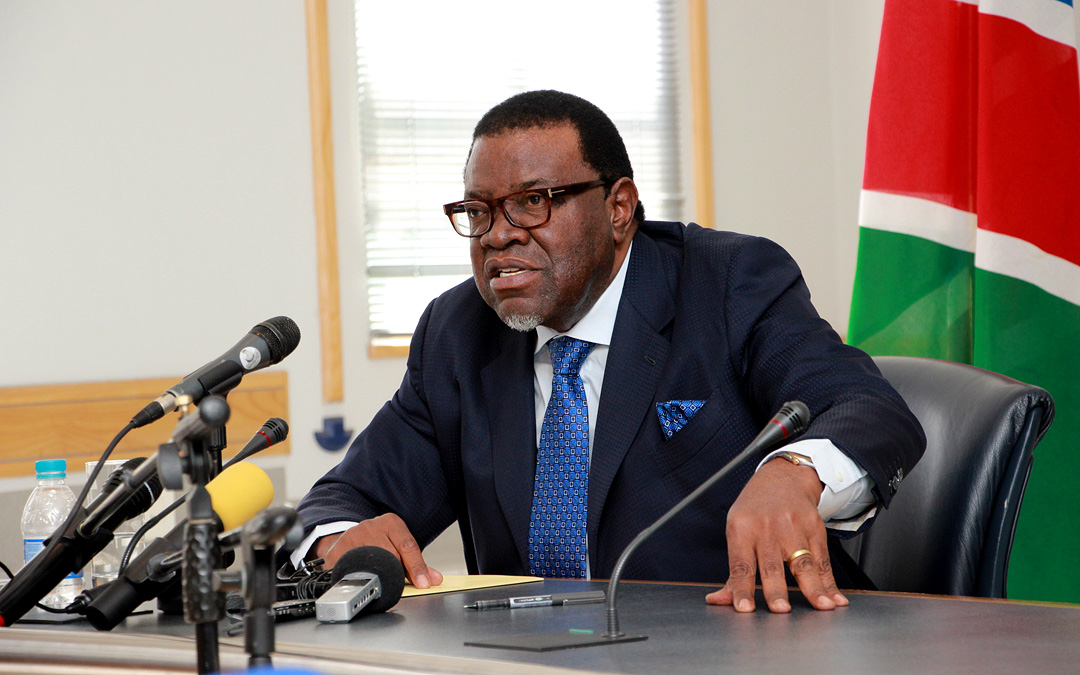Namibia Media Trust’s strategic coordinator, Zoe Titus, says if president Hage Geingob wants to make an impact on transparency and the fight against corruption, he should pass the access to information law.
Titus was reacting to Geingob’s applause of the latest 2018 Corruption Perception Index ranking which showed that the country had moved up two places from 51 out of 100 in 2017 to 53 in 2018. The president last week released a media statement applauding his commitment to effective governance and transparency as one of the reasons for the country having improved its ranking.
However, Titus last week said if the president was serious about transparency, he should pass that law without delay.
“Above anything else, the access to information law will show true commitment because it is about information, and if you are really concerned about uncovering the truth, you will guarantee the people access to information,” she stated.
The Institute for Public Policy Research’s executive director Graham Hopwood said Namibia’s latest international transparency ranking was an improvement, but was not significant enough to celebrate.
He observed that the country has been essentially flat-lining on the Corruption Perception Index over the past few years – neither improving greatly, nor deteriorating rapidly.
“Bearing in mind that the Harambee Prosperity Plan says Namibia should be the least corrupt country in Africa by 2020, we have little chance of meeting this target,” he stressed.
At present, the country was the fifth-least corrupt country in Africa behind the Seychelles, Botswana, Cape Verde and Rwanda. The Seychelles has a score of 66.
“It is hard to see how we can top the Seychelles score within one year,” he added.
Hopwood said while there have been steps forward, such as the implementation of an improved public procurement system and the passing of the whistle-blower law, the many corruption scandals, such as the SME Bank’s collapse, should make everyone raise the guard against complacency.
“We still need to significantly increase our efforts to fight corruption,” he continued.
“I have in the past bemoaned the [lack of] consequences for those involved or implicated in corruption,” he stated.
Omu said the index is about perception, and not about the real impact of corruption on economic performance and service delivery.
“To cancel an irregularly awarded tender is one thing, and the real harm caused by such an act in terms of opportunity cost is another,” he said, adding that Namibians want to see consequences for those intent to defraud the government, as well as those caught in the act.
“As we have none, celebrating a measly two-point improvement on the CPI is premature. Let those tasked with guarding the people’s resources walk the talk,” he reiterated.
The original article was published in The Namibian newspaper. Read the original article on Namibian.


Recent Comments